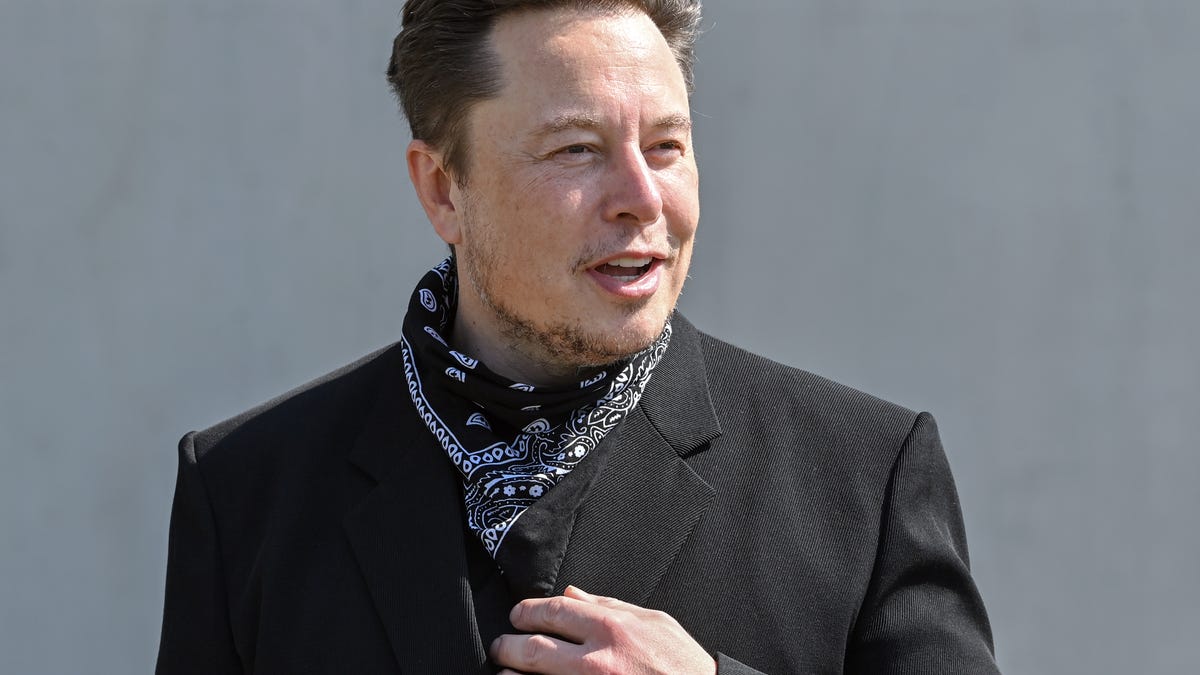Elon Musk and Brother Probed by SEC Over Alleged Insider Trading, Report Says
The investigation stems from Musk's tweet in November polling Twitter users on whether he should sell Tesla stock.

Elon Musk.
The US Securities and Exchange Commission is reportedly investigating Tesla stock sales made by Elon Musk and his brother, Kimbal Musk, who sits on the boards of Tesla and SpaceX. The SEC is examining whether the Tesla CEO and his brother breached insider trading rules, according to The Wall Street Journal, which cited unnamed sources.
Kimbal Musk sold $108 million worth of Tesla shares last Nov. 5, a day before Elon Musk asked Twitter users whether he should sell 10% of his stake in Tesla and later sold over 2 million shares. Tesla shares dropped in value after the Twitter poll.
The SEC is reportedly questioning whether Elon Musk told Kimbal Musk about the upcoming Twitter poll before the latter sold his shares. Kimbal Musk also reportedly sold $25 million in Tesla shares in February 2021 at the price of $852 per share, the highest price until October.
The disclosures for Kimbal Musk's share sales didn't say he used a 10b5-1 plan to sell, according to the Journal. Rule 10b5-1 under the Securities Exchange Act of 1934 allows major shareholders of a company to sell a predetermined number of their shares at a predetermined time to avoid insider trading accusations.
The SEC declined to comment. Tesla doesn't operate a public relations department to field requests for comment, but Elon Musk reportedly told the Financial Times Thursday that his brother had "no idea" he would do the Twitter poll.
"Building a case is exactly what I've been doing," Musk tweeted Thursday in response to a Twitter user who suggested Musk has been accumulating evidence alleging SEC corruption while being investigated for years by the agency. "I didn't start the fight, but I will finish it."
Elon Musk earlier this month accused the SEC of carrying out a "harassment campaign" against him and Tesla over a 2018 settlement. The SEC is targeting Musk with "unrelenting" investigations in an attempt to "chill his exercise of First Amendment rights," a lawyer for Musk alleged in a letter to US District Judge Alison Nathan, after Tesla disclosed that the SEC issued a subpoena to the company in November 2021 seeking information on Tesla's compliance with the settlement.
The SEC responded by saying its letter to Musk and Tesla about their compliance is consistent with the court's expectations, the Journal reported last week.
The settlement, which included Musk and Tesla each paying $20 million, followed a legal battle over a tweet by Musk in 2018 when he announced he was considering taking Tesla private. The SEC sued Musk for making "false and misleading" statements to investors.
Last year, it was also revealed that Musk and other billionaires, including Amazon CEO Jeff Bezos, have built their wealth while structuring their pay in a way that avoids income and allows them to pay almost nothing in federal tax.

